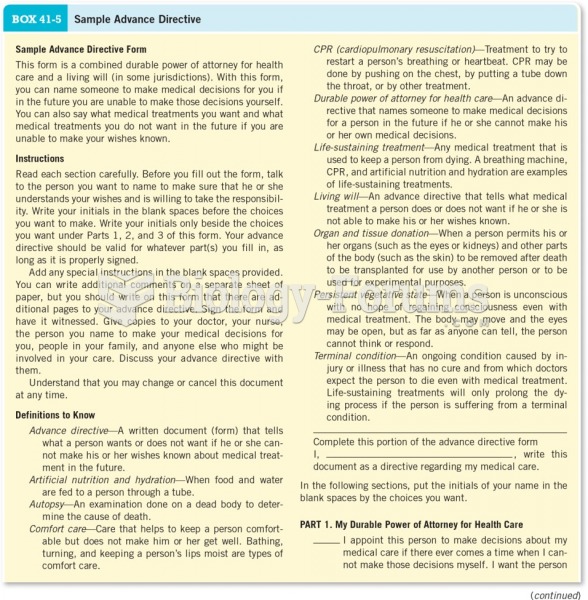Answer to Question 1
The ideal answer should:
a. Recall that most modern presidents look to Truman as an example when they are struggling in the polls and are concerned about their presidential legacy, which is best understood as their place in history, and that those concerns shape how they perceive political choices, often leading them to focus on the long-term as opposed to the immediate.
b.Discuss how Truman came into office as a politician who was used to serving local interests and was forced to abandon the characteristics that had made him successful, and how he faced a range of challenges to his success, including a divided Congress, the need to end World War II and combat Soviet expansionism, and reintegration of returning GIs into American life.
c. Evaluate how two institutional aspects of the presidency, national outlook and concern over legacy, led Truman to take a more progressive stance on civil rights and freed him to challenge Southern Dixiecrats as being unrepresentative as the nation as a whole, noting that the deplorable treatment of African American veterans violated basic American principles and denigrated thestanding of the United States in the world.
d. Discuss how throughout this period, Truman maintained that he did not care about the polls and how this level of disinterest in the immediate consequences of his progressive civil rights stance may have freed his presidency to focus on large issues that mattered to the nation as a whole and allowed him to secure his place in history.
Answer to Question 2
The ideal answer should:
a. Discuss how one of the more important tools that presidents have in domestic policymaking is their control over proposal of the federal budget and how this allows them to set the terms of the debate with respect to the budget's basic infrastructure, priorities, and policy commitments.
b. Explain how this was not always the case because until the twentieth century, Congress created budget proposals and exercised budget controlthrough a series of uncoordinated, haphazard executive branch officials submitting budget requests directly to numerous congressional committees. Note thateven though government and the budget were relatively small, this was incredibly inefficient, and that the inefficiency increased with the addition of the income tax and America's entry into WWI, sparking early battles between President Taft and Congress.
c. Evaluate how the passage of the Budget and AccountingAct gave the president the formal responsibility to propose a budget and how subsequent presidents such as Roosevelt, Eisenhower, and Kennedy used the budget process to advocate for their policy initiatives, examples of which include moving the Bureau of the Budget to the EOP, the New Look program, and the use of the budget as a means to stimulate the economy, respectively.
d.Describe how Congress attempted to resist the expansion of presidential powers in the 1970s with the Congressional Budget and Impoundment Control Act,noting that while Congress may have regained some power, presidents have continued to expand their influence over policy through various means, such as a president's ability to veto a budget they do not like, using supplemental appropriations, and classifying certain items as black budget and making them immune from congressional oversight.







